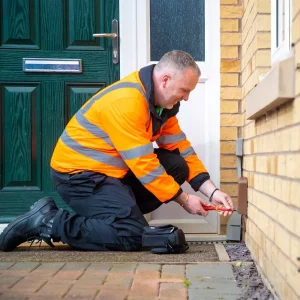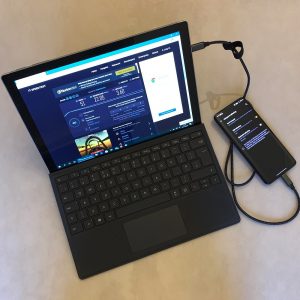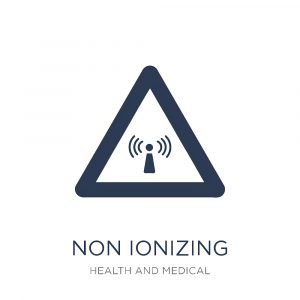Sponsored Links
Next-Gen DSL Touts Possibility of Fibre Speeds
Posted: 13th Oct, 2006 By: MarkJ
The fastest broadband DSL technologies (e.g. ADSL2+ and VDSL2) are wonderful over the shortest line lengths (1KM or less), however as the distance increases the quality rapidly decreases, with speed taking a significant hit.
Now Israeli telecommunications equipment maker ECI Telecom is hoping to break a few physical limits and solve the problem with an upgrade to DSL technology called Dynamic Spectrum Management (DSM):
Whether or not this technology will ever see the light of day here in the UK is unknown, although operators are likely to consider anything as an alternative to completely replacing the existing infrastructure.
However even DSM is not a complete solution because those living furthest from the exchange would still not achieve the same level of speed as those residing closest. In many ways the gap could simply get bigger. More @ The Register.
Now Israeli telecommunications equipment maker ECI Telecom is hoping to break a few physical limits and solve the problem with an upgrade to DSL technology called Dynamic Spectrum Management (DSM):
DSM is an attempt at taking copper networks to fiber-optic-like data transfer rates and is, ECI says, the next step after ADSL2+ and VDSL2, which are the core installation focus of current DSL suppliers. ADSL2+ can send data over a 2.2 MHz channel which offers data rates up to 24 Mbps, but which is resilient over a much further distance from a telephone exchange than other high speed technologies and is better than ADSL up to around 10,000 feet from the exchange. VDSL2 uses a 30 MHz carrier and the signal deteriorates rapidly
ECI and partners set out store to double the speed of DSL from its peak at 100 Mbps at under 1000 feet from the exchange, to its useful rate of around 25 to 35 Mbps between 3,000 and 4,000 feet from a telephone exchange.
The idea works best when fiber is feeding a DSL line, and spectrum balancing co-ordinates the allocation of different frequencies to each user in a cable binder to achieve best results based on the characteristics of the line. Using these ideas ECI has already achieved rates of 45 Mbps at distances of over 1,500 feet from an exchange and it claims these techniques can double the speed of broadband over ADSL distances like 12,000 feet.
ECI and partners set out store to double the speed of DSL from its peak at 100 Mbps at under 1000 feet from the exchange, to its useful rate of around 25 to 35 Mbps between 3,000 and 4,000 feet from a telephone exchange.
The idea works best when fiber is feeding a DSL line, and spectrum balancing co-ordinates the allocation of different frequencies to each user in a cable binder to achieve best results based on the characteristics of the line. Using these ideas ECI has already achieved rates of 45 Mbps at distances of over 1,500 feet from an exchange and it claims these techniques can double the speed of broadband over ADSL distances like 12,000 feet.
Whether or not this technology will ever see the light of day here in the UK is unknown, although operators are likely to consider anything as an alternative to completely replacing the existing infrastructure.
However even DSM is not a complete solution because those living furthest from the exchange would still not achieve the same level of speed as those residing closest. In many ways the gap could simply get bigger. More @ The Register.
Search ISP News
Search ISP Listings
Search ISP Reviews
Latest UK ISP News








Cheap BIG ISPs for 100Mbps+
150,000+ Customers | View More ISPs
Cheapest ISPs for 100Mbps+
Modest Availability | View More ISPs
Latest UK ISP News
Helpful ISP Guides and Tips
Sponsored Links
The Top 15 Category Tags
- FTTP (5736)
- BT (3577)
- Politics (2607)
- Openreach (2345)
- Business (2329)
- Building Digital UK (2279)
- FTTC (2062)
- Mobile Broadband (2049)
- Statistics (1836)
- 4G (1733)
- Virgin Media (1681)
- Ofcom Regulation (1502)
- Fibre Optic (1428)
- Wireless Internet (1421)
- FTTH (1383)
Sponsored
Copyright © 1999 to Present - ISPreview.co.uk - All Rights Reserved - Terms , Privacy and Cookie Policy , Links , Website Rules






























